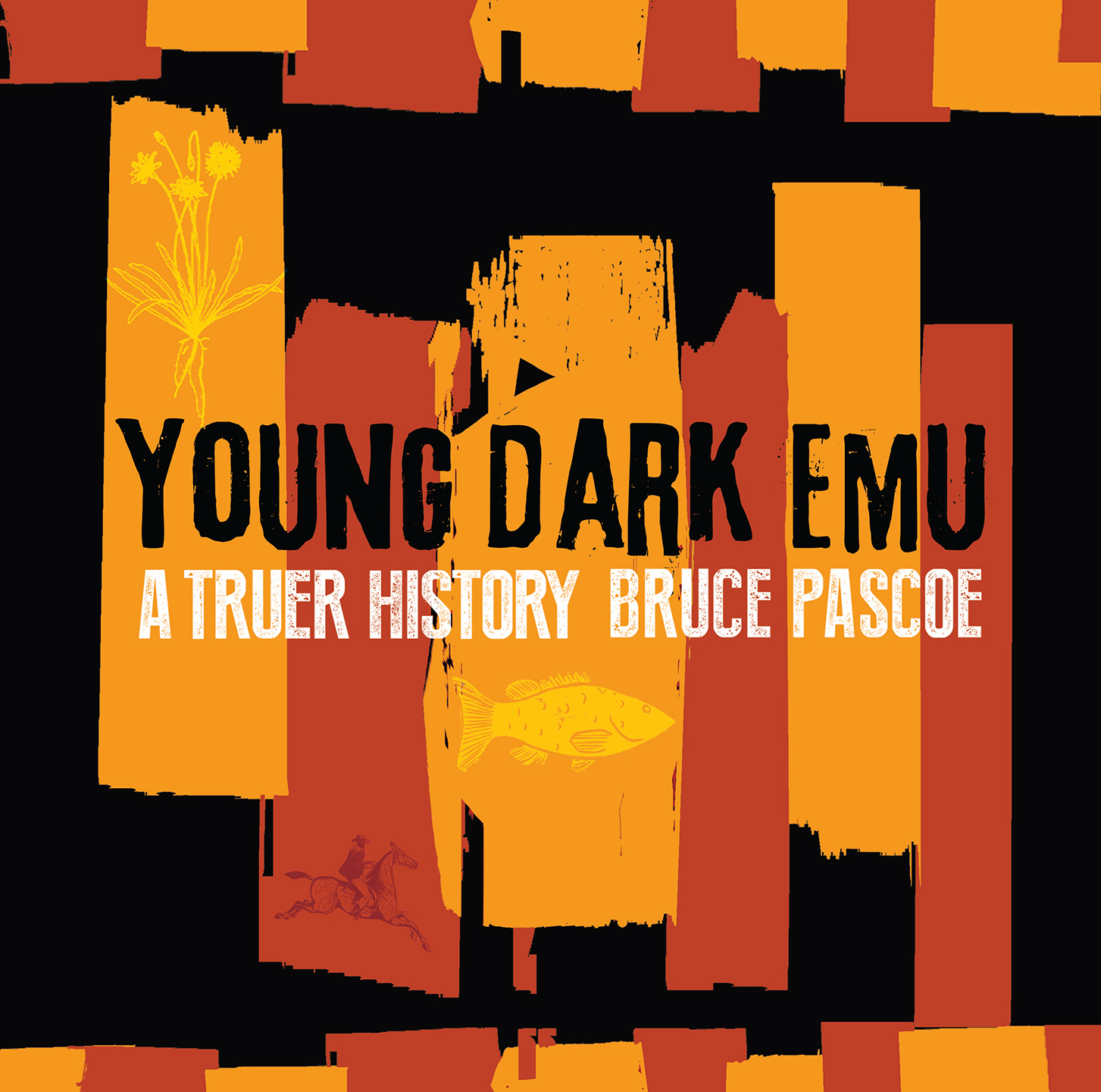Young Dark Emu: A Truer History

Author: Bruce Pascoe
Publisher: Magabala Books
ISBN: 9781925360844
The publisher says...
Bruce Pascoe has collected a swathe of literary awards for Dark Emu and now he has brought together the research and compelling first person accounts in a book for younger readers. Using the accounts of early European explorers, colonists and farmers, Bruce Pascoe compellingly argues for a reconsideration of the hunter-gatherer label for pre-colonial Aboriginal Australians. He allows the reader to see Australia as it was before Europeans arrived – a land of cultivated farming areas, productive fisheries, permanent homes, and an understanding of the environment and its natural resources that supported thriving villages across the continent. Young Dark Emu - A Truer History asks young readers to consider a different version of Australia's history pre-European colonisation.
The author says...
I am really pleased that a book about Aboriginal achievement has been recognised. I look forward to children reading it and then asking questions of the premise and going to the bibliography. You don’t really know a subject until you have investigated it. I worked with exceptional designers, artists, editors and educators on this book and I am in awe of their work. I think the book looks fabulous. Wish I’d had it at school on King Island.
The CBCA judges say...
This book argues that for 80,000 years, Aboriginal people were living in established agricultural societies in managed landscapes, reliant on Aboriginal astronomy. Farming and food supplies were determined by Emu Dreaming, the spaces between the stars of the Milky Way, where the Spirit Emu resides. Citing colonial diaries and artworks describing organised villages and regulated food supplies, Pascoe shows how the decimation of Aboriginal people and culture ensured that after 1860 all evidence of any prior complex civilisation was eradicated. A passionate environmentalist, Pascoe advocates the cultivation of indigenous plant species, needing no extra water or pesticides, are potentially capable of meeting our carbon emission targets. Visual and textual information is produced on a traditional palette of ochre yellow, red and oranges and charcoal black. Full-page illustrations magnify and enhance detail in the historical photographs, documents, engravings, diary entries and sketches. This beautifully produced book presents a powerful argument that debunks the notion of terra nullius that positions Aboriginal people as nomadic hunter gatherers through an engaging discussion accessible to primary school and young adult readers.
Our Reading Time reviewers say...
Click here to read the Reading Time review
Teaching Notes for the book…
The publisher has generously made teaching resources available for this book. Click on the icon below to view these resources.
